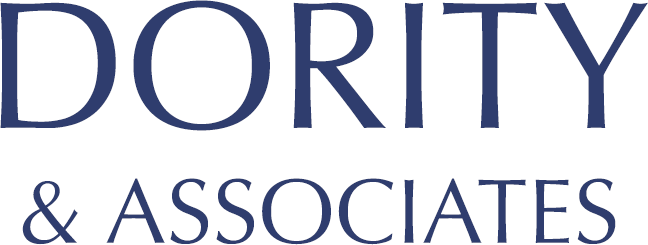For LIS graduate programs
Help students graduate with a degree AND job prospectsYour program does a great job teaching your students the core LIS competencies. But how well prepared are your students in the core LIS career competencies? Does your program have a way to help them learn about:
- the universe of LIS work and career opportunities
- their own strengths and potential
- how to build career opportunities in grad school
- the specifics of the LIS job market, and how to navigate them
- how to be an effective job-seeker
- how to not just land a job, but also navigate potential job offers and negotiate compensation
- how to build successful, adaptable careers
I help you help your students succeed in each of these areas. How? By providing career-related information, resources, action items, and outreach. Consistently engaging your students with actionable career reminders helps keep them focused on and building toward their ultimate outcome: a degree, a job, and a successful LIS career launch.
Tools for success
I’ve provided all of the following options to help students find career success, and believe they can be of great value to your students, as well, if actively and consistently pushed out to them as information, engagement, activities, and reminders.
Webcasts and workshops. Webcasts enable you to provide LIS career expertise to a large number of students both synchronously (for those whose schedules enable them to attend and ask questions) and asynchronously, as an archived resource they can access when time permits. In addition, because webcasts can be archived for 12 months on your site, you can make them available for prospective students and alumni on a strategic basis.
In-person half- or all-day workshops can be especially effective for deeper-dive topics that lend themselves to group interaction. This type of high-engagement, actionable-outcomes session works well for campus-based or blended programs that have an on-campus component; for example, “How to Jumpstart Your LIS Career in Grad School” can be a great way to kick off a new academic year and student group. This workshop can also be for recruiting and converting prospective students.
Note: webinar topics can be expanded with additional content and interactivity into workshops, while workshop topics can be “slimmed down” to fit a webinar format.
LIS career content. There are many types and formats of career information that can help students learn more and improve their mastery of the career core competencies that will help them launch successfully as graduates of your program. For example:
- Weekly blog posts on LIS career topics, with an action item to complete
- Monthly LIS Career Notes newsletter with career strategies/tips, action items, and a description of a best-in-class career resource
- “LIS Careers Library,” a suite of 25 actionable how-to (and why-to) articles about LIS careers, job-hunting strategies, career outreach, and more; new article added monthly
Custom content. Many programs benefit by providing custom-developed content tailored specifically for their students, alumni, and/or prospective students.
This might include website content; deep-dive, detailed career guides; materials developed to support existing degrees or the launch of a new degree, specialization, or certificate; or downloadable e-books on a career-related topic of interest or benefit to the intended audience (for example, prospective students), among other resources.
LIS career advising. Some students struggle to find a career path that feels right to them, while others just need help translating LIS career skills to a non-LIS job or shaping a summary statement for their resume or LinkedIn profile. Unfortunately, most general career services departments have little understanding of the diversity of options and issues related to LIS job-seeking, nor do most LIS programs have the staff expertise or bandwidth to answer these questions as they arise.
I’m experienced in advising either small groups of students around a shared issue or concern or individuals seeking one-on-one help. I’ve successfully provided both options, by phone, e-mail, or teleconference.
Additional benefits for your program
All content can be “white labeled,” which means that it will have your program’s logo and name on it unless you specifically want my name associated with a given resource or activity.
This approach also lends itself to sponsorship or grant-funding opportunities for you; a simple statement at the top or bottom of any resource stating “Development of this [career guide] generously underwritten by _____,” with an option to include the relevant organization’s hyperlinked logo, can easily be added.
Career content can easily be multi-purposed to support recruitment, conversion, and retention efforts, and can also be used as a high-value benefit for maintaining alumni connections when included in an alumni newsletter or other outreach efforts.
Having worked in academia as both adjunct faculty and an interim MLIS program director, I understand and am familiar with working within your fiscal and decision-making structure.
In addition, for programs undergoing an accreditation process, I’m happy to provide any relevant documentation that will support your identification-of-evidence efforts.
I can help support your students’ career success – and the success of your program goals
